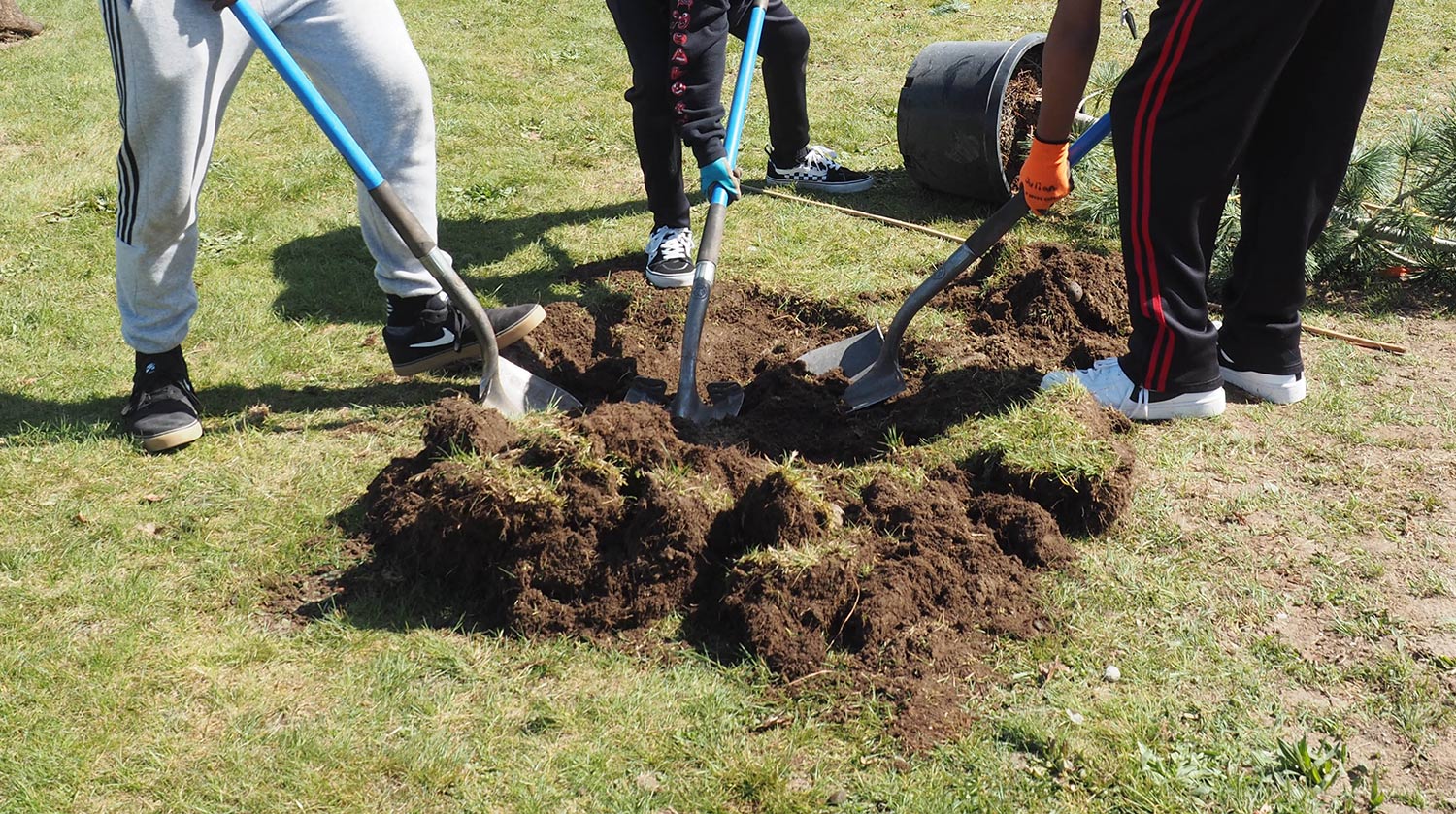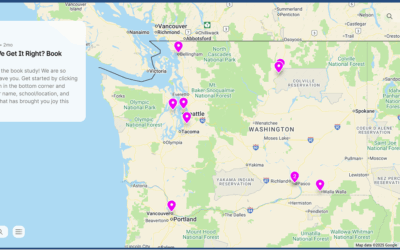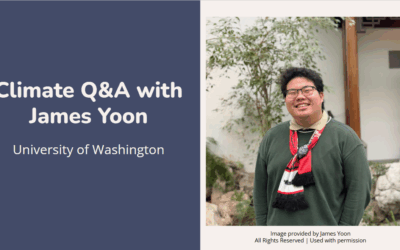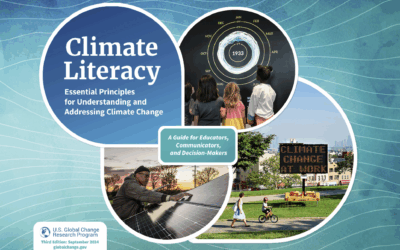Climate change was the reason Lori Buratto decided to become a high school science teacher. She understood how climate change impacts every aspect of life, but for years she only felt confident teaching it in the context of environmental science classes. Last year, she joined EarthGen’s Climate Justice League, a cohort-based professional development that connects social justice with climate science. The Climate Justice League gave Lori the resources and support she needed to expand climate education into all of her classes.
Alongside environmental science, Lori also teaches a biomedicine class at Spokane Valley Technical School and skill center. By combining resources from the Climate Justice League with information from EarthGen’s BIPOC Voices program, Lori was able to help her students make the connection between climate change and the social determinants of health that she covers in her biomedicine class.
“Those resources really bolstered the work I was able to do with the climate topics,” she says.
Students discovered that environmental factors like pollution, that are directly related to health issues, are disproportionately experienced by historically marginalized communities. Lori presented her class with a challenge to design an innovative emergency room that would serve social disparities. The students came up with ideas for ways to protect domestic abuse survivors, provide free infant care supplies, and to connect patients with social services.
“It really caused the students to think through the problem and the solution with a deeper level of empathy than I think they had before,” says Lori.
Students also learned how tree cover can mitigate extreme temperatures. Studies show that there is less tree coverage in historically marginalized communities such as Black and Brown communities, and are more vulnerable to the heat waves that are made more frequent by climate change.
Approaching climate science through a social justice lens helped students take their learning beyond the classroom. Lori’s students took action in their community by participating in a tree-planting event in Spokane. One student even went on to replicate the urban tree-cover study in neighborhoods near the school, and he resolved to help bring tree planting events out to the school’s community.
To learn more about EarthGen’s programs and upcoming teacher training opportunities, visit the EarthGen website.




